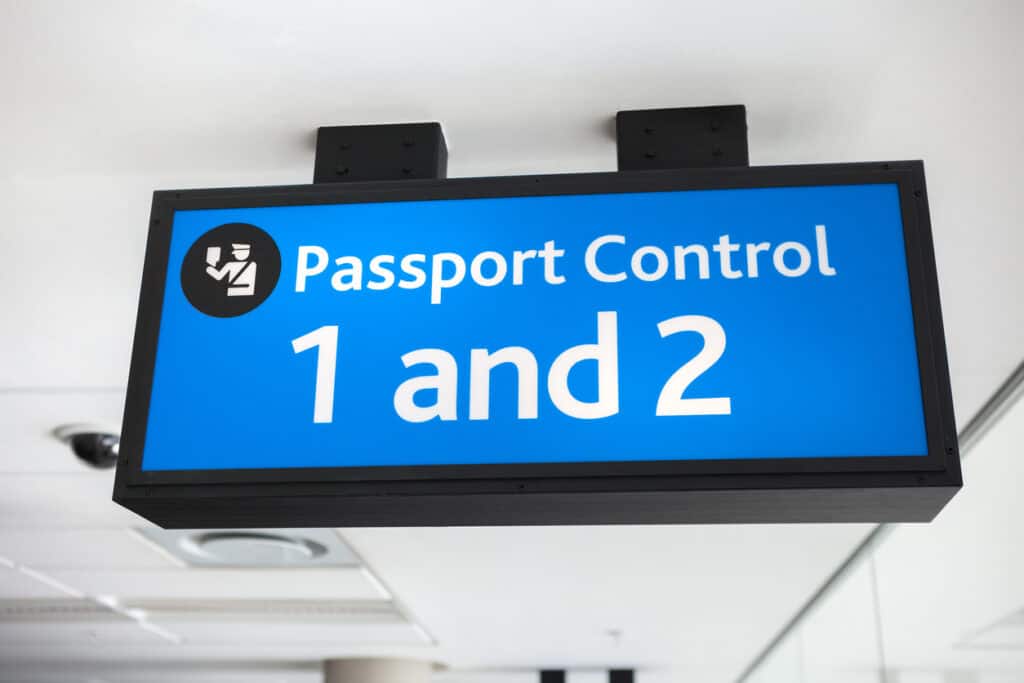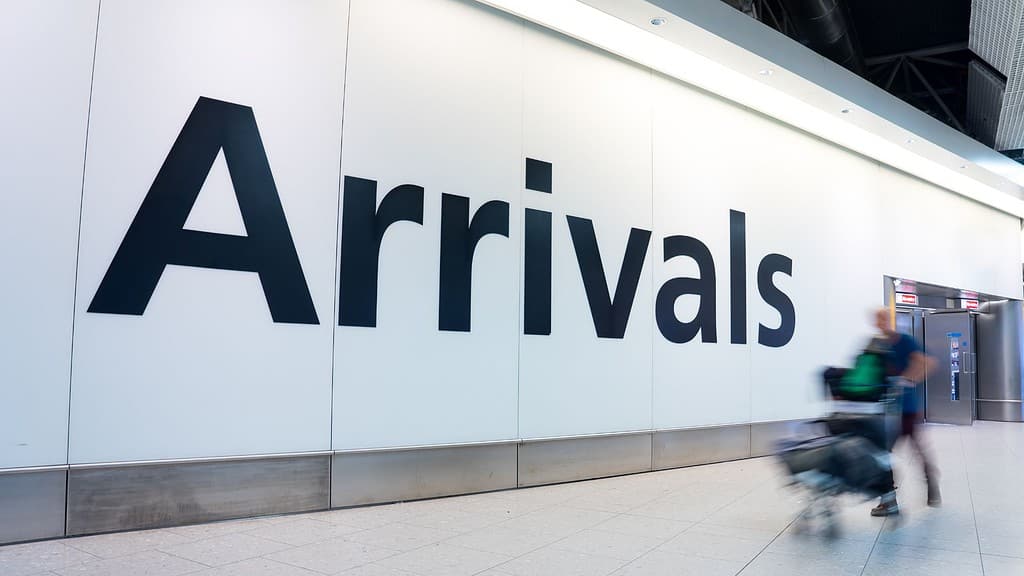James Tooze looks at the questions the Government announcement does not answer
A future immigration system – unanswered questions
21 Feb 2020
I was going to write one complete piece on the Government proposals for a future points-based immigration system, before realising I didn’t want to subject people to a short novel. If you’d like to read my piece on the new points-based system then it is here, it’s a good place to start. Now, I want to talk more about the issues that remain unanswered, and how the new points-based system will form a part of future immigration policy.
What don’t we know?
Crucially for individuals and employers, the Government announcement makes no concrete pledges about the cost of the visa application or processes. The announcement confirms that the Government will continue to levy the Immigration Skills Charge on employers, and the Immigration Health Surcharge. The Conservative party outlined its intentions to increase the Immigration Health Surcharge to £625 per person per year but has made no mention of this increase since the election. Alongside the current Health Surcharge and a plethora of other visa costs, obtaining a UK visa for a scientist is currently the most expensive across the world’s leading science nations. Ultimately, the cost of obtaining a visa for you and your family is a major contributing factor to the attractiveness of a country, regardless of how easy it is to obtain that visa. The MAC showed that EEA migrants, who are set to be covered by the new points-based immigration system, make significant net contributions to the UK economy every year through paying taxes and working in public services while the average UK-born adult makes a negative contribution to the UK economy. The UK must seek to address concerns about visa costs should we still wish to welcome people to this country and CaSE will continue to work with others to fight for internationally competitive visa costs.
There are several important questions that the proposals do not cover. Firstly, there is no mention of how a visa holder would be able to apply to settle permanently in the UK, and indeed how long the individual would need to be in the UK for before they could apply to permanently settle. The paper hints at some key issues with claims that more details will follow, such as the streamlining of visa rules as recommended by the Law Commission. Other issues, such as important changes to permit research activity within indefinite leave to remain rules that CaSE fought for do not feature in the paper, but we will be making sure these principles are carried forward to the future system.
The future of immigration – pieces of the puzzle
The Government wants the new points-based system to be operational in January 2021, covering migration from inside and outside of Europe. Current proposals leave the Government with ample opportunities to tweak and change the points-based system as they see fit in the future. The proposals leave the door open to increase the number of characteristics that could be used to gain the requisite number of points, such as age or if the individual has studied in the UK. The flip side of this, of course, is restrictions could be implemented to make it more difficult to obtain a visa or reintroduce a cap on visa numbers.
The future points-based system will be the primary route for work-based migration in the UK from 2021 but will not be the only way someone can obtain a visa. The new Global Talent visa will seek to provide another route for researchers and their teams to obtain a visa, which is particularly welcome. What the proposals do lack, however, is the ability for people to move to the UK and then find a job. Individual-led immigration is something that the UK’s membership of the EU provided, allowing smaller businesses to recruit individuals without paying the significant visa costs. The proposals also signal the Government’s intention not to introduce a route for ‘low-skilled’ migration, which could have significant consequences for businesses up and down the country.
The final issue will be the rate of change of immigration policy, and the Home Office ensuring that businesses are capable and prepared for such changes. Given the timeframe we are working with, effectively 10 months until the Government want the new points-based system to be implemented, this exercise in overhauling the immigration system will be an incredibly challenging undertaking. It is difficult to say quite how realistic this is, but central to this will be informing businesses of changes or intermediary measures to ensure that recruitment processes are not thrown into disarray costing time and money to employers.
Related resources

A week on from the publication, Policy Manager Camilla d’Angelo takes a look at some of the questions that remain to be resolved and what to expect next for the Immigration White Paper.

Policy Manager Camilla d’Angelo takes a look at what the Immigration White Paper means for attracting international R&D talent to the UK.

In advance of the forthcoming Immigration White Paper, CaSE and 35 other organisations have written to select Westminster Parliamentarians.

This briefing summarises attitudes to immigration, international students and researchers, and their impact on UK R&D. It is based on evidence from a nationally representative survey of 4,100 UK adults in June 2024 and two focus groups in December 2024.